#AutomotiveIndustry
Nissan Flees Fleet Reliance With 2020 Sentra
While fleet participation helped Nissan boost its sales volume for years, management feels it hasn’t done the company any favors in terms of profitability. As such, the company says it wants to take the 2020 Sentra out of the rental circuit. If you borrow a vehicle from rental agencies more than never, you’ve probably noticed Nissan’s compact sedan is often the default choice when the supply of Chevrolet Sonics or Toyota Corollas dries up.
Expect less of this moving forward, but be warned it’s not the dream scenario you envisioned. First off, there will undoubtedly be leftover 2019 models on rental lots for some time. Secondly, Nissan improved the 2020 Sentra to a point where you might actually prefer it. The manufacturer made no small effort effort to shore up the sedan’s ride quality, handling, comfort, tech and visual aesthetics for the new generation — succeeding rather well, according to our own Tim Healey. It also has a new 2.0-liter motor offering superior vigor versus its anemic 1.8-liter predecessor. With more on offer, Nissan figured it was a better idea to try it out on customers first, rather than assuming its rightful place is in a rental fleet.
California's Data Privacy Laws Could Stymie Auto Industry's Long-term Plans
Pretty much anytime automotive data acquisition becomes the topic of discussion, we have to take time to mention customer protections and ask where the line for privacy should be drawn. With social media firms making a mint off the process online and automakers conducting major moves to likewise leverage personal data, it’s practically a nervous tic at this point.
Hoping to get out ahead of some of the potential problems arising from issue, California enacted new consumer protection laws that came into effect at the start of the year.
The California Consumer Privacy Act (CCPA) aims to give individuals greater control over the personal data being harvested. Most of this is supposed to be done by allowing consumers to request what kind of information is being collected, ask where it’s going, and the ability request that the subsequent sale or continued acquisition of personal data cease. However, CCPA contains provisions for customers to ask a company to delete all information it has stored on them, as well as rules prohibiting any discrimination related to a person exercising their privacy rights.
Frankly, it all sounds rather good to someone who prattles endlessly about data privacy rights, but it’s also causing problems for the automotive industry.
Dark, Contagious Clouds Gather Over the Auto Industry
With South Korea, Italy and Iran now reporting growing coronavirus outbreaks, it looks like this is going to be one of these long-haul illnesses that sends everyone to the store to stock on up on milk and bread. As you might have guessed, automakers have continued issuing warnings as the virus’ range continues to expand. On Wednesday, Toyota announced that its Japanese plans will undoubtedly be impacted by parts shortages over the next few weeks as Chinese suppliers remain dormant.
The worst of the outbreak is still located in Wuhan, where the virus is spreading out toward China’s coastal cities. Reliable figures for the number of people affected are difficult to come by. The Communist Party of China (CPC) and World Health Organization (WPO) both claim China had this one in the bag, with new cases always reported as “slowing” — an assertion you would be forgiven for doubting. COVID-19 seems anything but under control. This week, the Centers for Disease Control and Prevention told U.S. citizens to prepare for the worst as the stock market stumbled over fears of a global pandemic.
Japan Readies Auto Industry for Coronavirus Complications
Yep, we’re still talking about the damned coronavirus. But how could we not, with the situation being obfuscated from all sides as the outbreak just seems to worsen? Both Japan and South Korea have reported their first deaths relating to the virus; meanwhile, the unsettling theory that 2019-nCoV was created in a Chinese laboratory has grown by leaps and bounds.
While the mainstream media has dismissed this as an unfounded conspiracy, loads of circumstantial evidence published by reputable sources leave one wondering. Our favorite is that the exotic meat market initially pegged as the disease’s point of origin was across the the street from (get this) a viral disease laboratory. Senator Tom Cotton (R-AR) has repeatedly pushed for the virus’ origin to be found, saying “We also know that just a few miles away from that food market is China’s only biosafety level 4 super laboratory that researches human infectious diseases,” only to be framed as an alarmist crank.
There was also a Chinese coverup (similar to SARS) that kicked off when police detained eight doctors in Wuhan for attempting to warn the public of a potential outbreak. The point here is that nobody seems ready to give (or even search for) answers in China. Naturally, this has left people confused and scared, rather than just scared.
Ex-UAW Official Sentenced in Union Bribery Scandal
Michael Grimes, former executive assistant and board member of the UAW-GM Center for Human Resources, was sentenced to 28 months in prison Wednesday after being convicted of money laundering and wire fraud.
While the sentence could have been longer, prosecutors reportedly asked for leniency due to Grimes’ cooperation with the broader investigation. Initially pushing for about four years of jail time, they eventually toned the recommendation down to just two. U.S. District Judge Bernard A. Friedman acknowledged the defendant’s usefulness in helping federal authorities sniff out more union and industry corruption, then decided to stick him with an extra couple of months to send a message.
Coronavirus Delays Beijing Auto Show, Chinese Grand Prix, Formula E
Thanks to the ongoing coronavirus outbreak in China, the Beijing auto show has reportedly been postponed. While the event was supposed to take place at the end of April, making its yearly trade with the similarly biannual Shanghai trade show, organizers have decided it’s not worth the risk.
Over 70,000 people have reportedly contracted the virus thus far, with the death toll estimated to be somewhere around 1,700. The White House recently said it did not have “high confidence in the information coming out of China,” estimating higher figures. Travel and shipping bans further complicate the matter. Germany’s Automobilwoche said exhibitors wouldn’t be able to ship displays into the country anyway, referencing health notices sent to global logistics organization CIETC.
Coronavirus Infects Chinese Auto Market, Supply Chain Problems Persist
Not that there’s ever a good time for a global pandemic threat, but the coronavirus currently sweeping through Asia really could have scheduled itself more conveniently. China was already in the midst of an economic downturn when the virus reared its ugly head, with the country’s automotive sector having just moved backward for the second year in a row. The outbreak, centered in the Hubei province’s capital of Wuhan, is guaranteed to worsen the issue.
Responsible for about a tenth of China’s automotive manufacturing power, the region has basically gone dark since the outbreak picked up steam late last month. Over 50 million people are now presumed to be under house arrest due to the Chinese quarantine. Forbidden from going outside, they’re hardly likely to risk infection and government ire just to put for a few hours at their local factory. They also aren’t going to run out to their nearest dealership to support the ailing economy — but that’d be the first place to go after the sequestration ends.
If I were in their shoes, I certainly wouldn’t be taking the bus for a while.
A Buyer's Dismay: Tesla Reportedly Removes Features From Used Model S
I’m a broken record when it comes to consumer protections. Environmentalism may be more fashionable but the green movement has already amassed a sizable army in the current year. Someone needs to be watching out for Joe Customer because companies are stepping up their game. While we’ve often focused on data privacy, right-to-repair laws, and the hidden perils of subscription services, ownership rights also deserve a bit of attention because they’re all sort of interconnected.
As products become increasingly digital, it’s becoming fuzzy as to who actually owns something. In previous decades, someone wanting to outfit their computer with the latest software meant they had to go out and buy it. Now you can simply download stuff over wifi, with no need to have the physical copy cluttering up your desk. But this convenience factor has ramifications. A subset of the video-game community is up in arms over backwards compatibility and the ability to truly own their purchases. With games and movies beginning to occupy internal storage almost exclusively, they’ve grown concerned that companies will attempt to force them to repurchase old games on new platforms to turn a quick buck.
Why is this being explained to you on a car website? Because the automotive industry may be about to engage in similar practices. Jalopnik recently published an account of a man buying a secondhand Tesla Model S, only to see it stripped of thousands of dollars in features.
Brexit Complications Reportedly Delay Next Mini
BMW Group has delayed the development of a next-generation Mini Cooper, citing a need to reduce cost and comfortably navigate Britain’s trade relations with the European Union after Brexit.
Considering Europe has had since June of 2016 (when the referendum took place) to figure all this out, it feels silly that the region is still in a panic. Yet that’s reality in which we live. Despite the United Kingdom voting to withdraw from the European Union years ago, the decision received an immense amount of pushback. Negotiations stalled, arrangements went unmade, and the UK eventually voted in a gaggle of Conservatives in the last election — giving them a strong majority in Parliament.
That new political makeup, which includes Prime Minister Boris Johnson, meant Brexit could finally happen. But it doesn’t undo the wasted years that failed to produce a comprehensive trade deal between the UK and EU, or the resulting complications.
Tesla's German Factory Could Be Delayed So Animals Can Hook Up
Tesla’s planned factory in Germany could face major delays if the manufacturer doesn’t start construction within the next two months. Brandenburg’s Economy Minister, Joerg Steinbach, recently told German outlet Handelsblatt that the 300-hectare area in Grünheide Tesla set aside is subject to environmental regulations that prohibit interfering with the local wildlife’s breeding habits.
These twitterpated critters are not to be interfered with if the company hasn’t started building by mid-March.
Until then, it’s fair game. Once crews finish clearing the land (and leftover ordnance from World War II), they can finish scaring away the animals. However, if Tesla can’t get all of that done in a couple of months and start construction on the factory, it will be forced to delay the entire project another nine months.
New Arrest Warrants Issued for Carlos Ghosn and Accomplices
Tokyo prosecutors have issued warrants for the arrest of Carlos Ghosn and three Americans they claim helped him escape the country in December. His surprise arrival in Lebanon initially befuddled Japanese authorities, prompting the country to file a red notice with Interpol before releasing the latest warrant.
While a new development in the Ghosn saga, it doesn’t change much. The former executive still faces charges of financial misconduct stemming from his tenure with Nissan, but he now finds himself charged with violating Japan’s Immigration Control Law.
Japan’s take is that Ghosn fled the country to avoid justice (a backwards version of his own view). The former automotive executive and his wife, who is also wanted in Japan, have both stated publicly that they believe the country’s legal system would never allow Ghosn a fair trial, claiming officials worked with Nissan to help enact the industrial-grade coup that removed him.
Nissan and Renault Chief Engineers to Meet, Rekindled Joint Projects on the Agenda
Anybody with more than a casual interest in the automotive industry will tell you the relationship between Nissan and Renault is falling apart. Even the alliance’s founder, executive-on-the-run Carlos Ghosn, says it’s on the cusp of going under. But existing employees have tried to be a little more optimistic, acknowledging that the business partnership has become strained while making suggestions to correct its course.
One plan involves pushing more collaborative projects, which is one of the main reasons for forming an industrial alliance. Renault Chairman Jean-Dominique Senard has already said both sides are committed to making the partnership succeed, citing joint projects as a primary focus. Alliance engineers will meet in Japan at the end of January to discuss new development programs — and attempt to revive a few that fell by the wayside.
Back to Normal: U.S. Auto Tariff Threats Return for EU
On Wednesday, President Donald Trump threatened to impose fresh tariffs on European automotive imports if the region can’t work out a trade deal with the United States. The good news is that the U.S. is already in the opening stages of negotiation with the United Kingdom, which is due to leave the EU at the end of January. British Prime Minister Boris Johnson has even said a key benefit of Brexit is the ability to negotiate with countries like the U.S. independently.
Unfortunately, the rest of Europe doesn’t seem as eager to do business — encouraging Trump to fall back to tariff threats. But there’s clearly a retaliatory angle here. In 2018, the EU threatened punitive tariffs on traditionally American items like whiskey and motorcycles as a response to Trump’s intent to impose tariffs on steel and aluminum. He’s targeting French goods this time, mentioning 100-percent fees on imported luxury goods from France (champagne, handbags, etc.), additional levies on digital services, and a 25 percent duty on European cars.
Senate Approves USMCA Trade Deal Replacing NAFTA
The U.S. Senate approved changes to the North American Free Trade Agreement on Thursday, effectively replacing the 26-year-old deal with the new United States–Mexico–Canada Agreement. USMCA embraces stronger automotive content rules for the region, updates language for new technologies, and enacts sweeping labor protections aimed at uplifting the Mexican workforce. As a byproduct, it’s also likely to discourage automakers from isolating themselves south of the U.S. border in an effort to secure cheap labor.
Passing with a 89-10 vote in the Republican-controlled Senate, USMCA also allows President Donald Trump to keep his campaign promise of replacing NAFTA — a pact he often referred to as “the worst deal in history.”
Nissan Working on Contingency Plan in Case Things Go South With Renault
Despite Nissan and Renault spending much of 2019 attempting to reassure the world that their 20-year relationship was soundly intact, fractures have been impossible to hide from the public. If you want an analogy, imagine a carton of milk being left to curdle near a radiator and someone attaching a post-it note that reads “fine for drinking.”
While legitimate efforts to fix the relationship have been made (parts sharing, more collaborative projects, management changes, etc.), a lot of it has been undercut by the Renault-Nissan-Mitsubishi Alliance attempting to cleanse itself of the old guard — many of whom had ties to former alliance chair Carlos Ghosn. At the same time, Nissan has sought autonomy from the French automaker, enacting corporate reforms to give it a bit more independence. It also has a cogency plan ready in the event it has to break from Renault entirely; reportedly, Nissan’s been updating that strategy ever since Ghosn escaped Japanese custody last month.



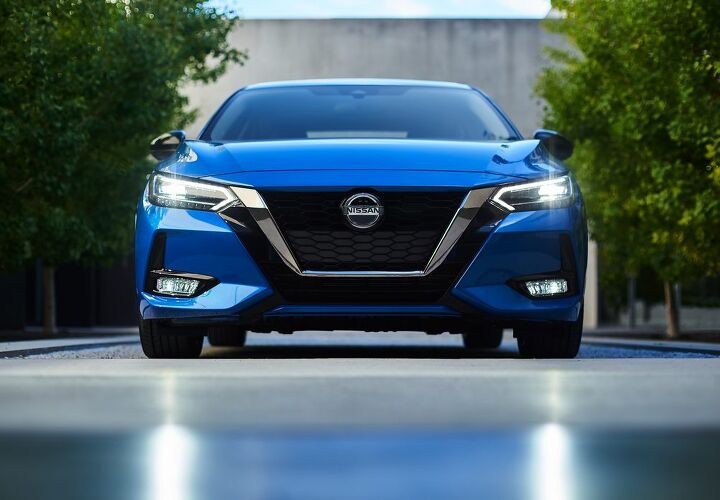

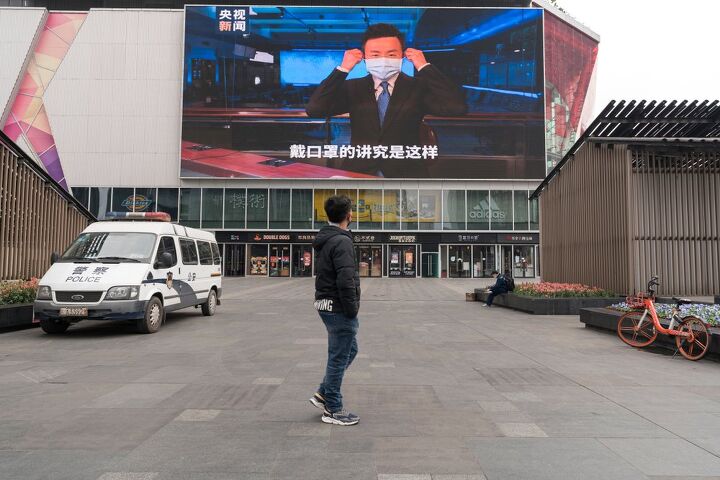
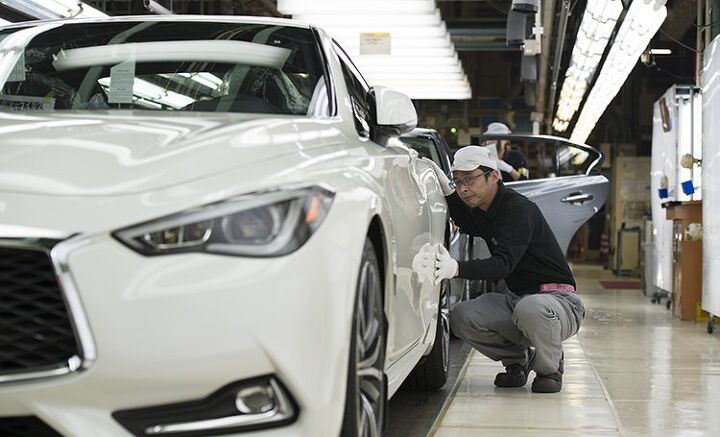

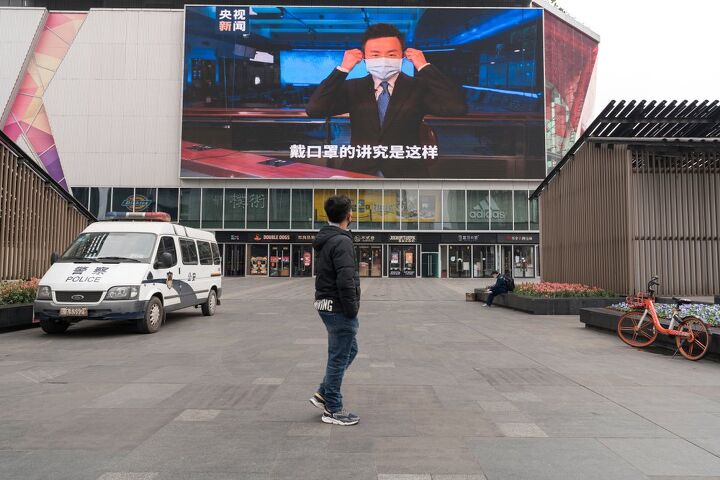
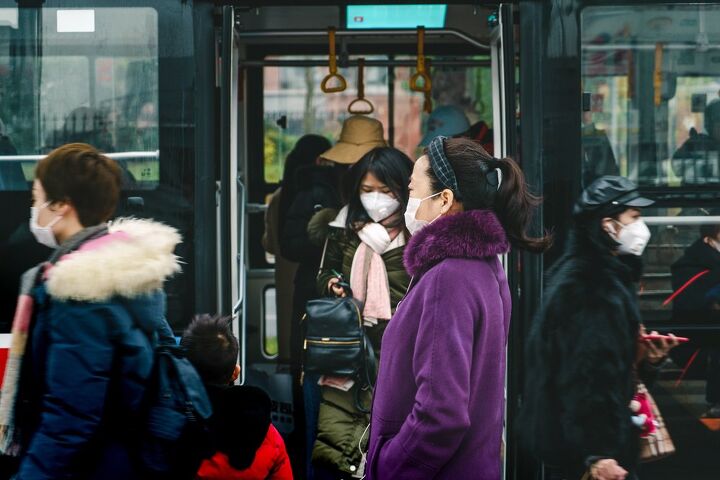

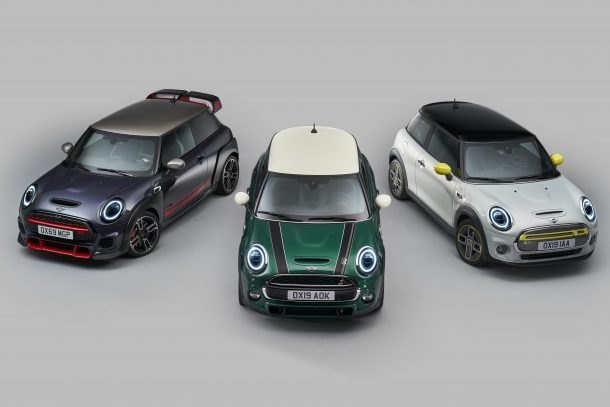


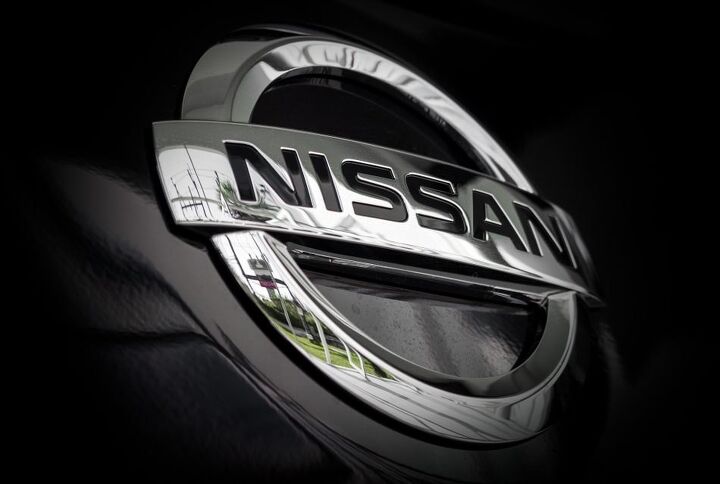
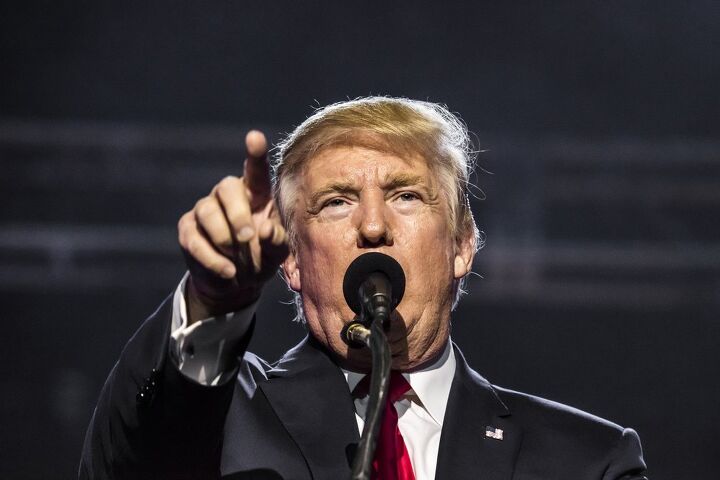
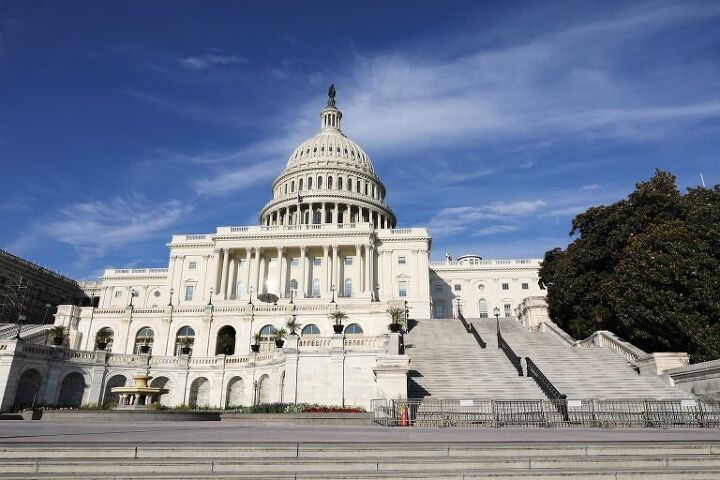












Recent Comments